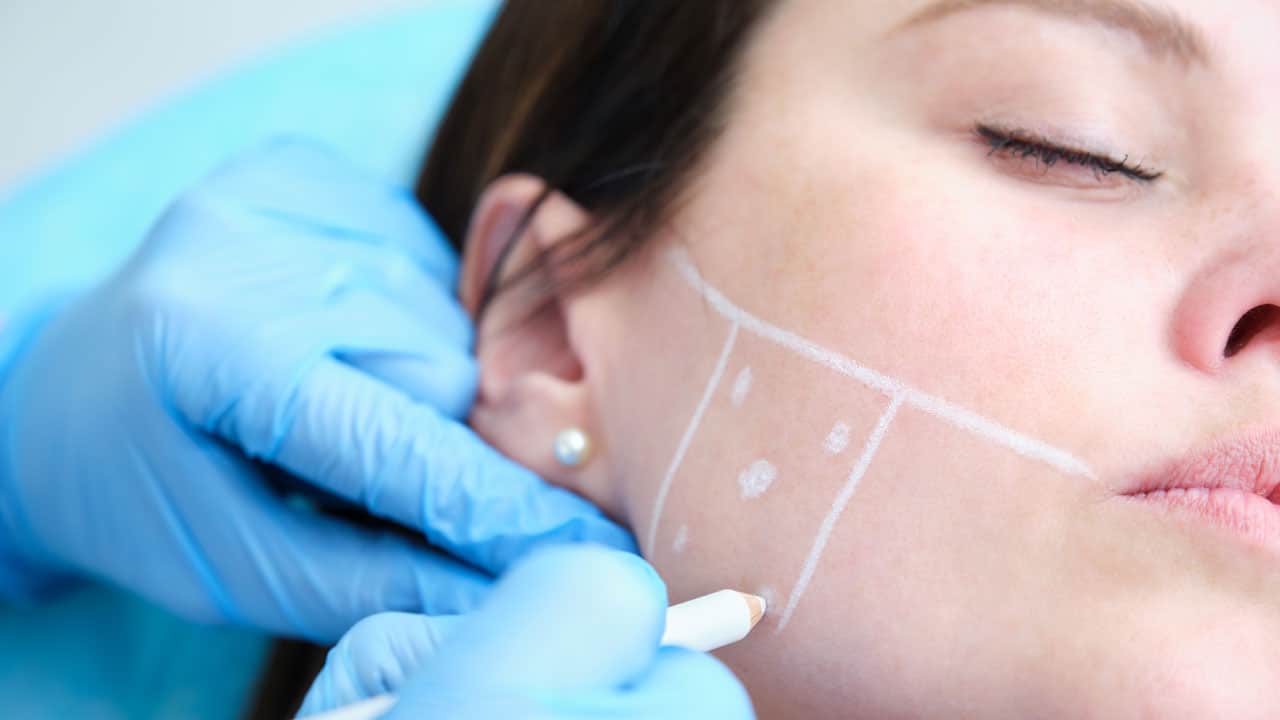
Teeth grinding, medically known as bruxism, is a common oral condition affecting around 8% of middle-aged adults, 15% of adolescents, and 17% of children. It often occurs unconsciously while you sleep or when you are stressed.
Grinding your teeth, known as bruxism, can negatively impact your oral health, leading to issues like Temporomandibular Disorders (TMD) and the wearing down of enamel, potentially causing decay. Explore the reasons behind bruxism, its symptoms, and ways to seek treatment.
Causes
Bruxism mainly falls into two categories: during sleep and while awake. While sleep bruxism is often connected to sleep disorders, awake bruxism is typically tied to stress and anxiety.
- Sleep-related disorders: Individuals with obstructive sleep apnea, snoring, or other sleep-related issues are at a higher risk of sleep bruxism. These conditions can lead to brief awakenings and neurotransmitter imbalances, prompting the jaw to clench and grind to clear the airway.
- Stress and anxiety: Emotional stress and anxiety play a role in awake bruxism. Those experiencing stress often unknowingly clench or grind their teeth throughout the day.
- Lifestyle factors: Drinking caffeinated beverages, alcohol, or using tobacco can worsen bruxism. Also, some medications, especially antidepressants such as SSRIs and SNRIs, might trigger teeth grinding.
Symptoms
Bruxism often goes unnoticed until it starts affecting the teeth. Spotting the signs early on is crucial for effective treatment. Here are some common signs to watch out for:
- Tooth wear: Grinding wears down the enamel, increasing the likelihood of tooth sensitivity and decay.
- Jaw pain: Chronic grinding can result in jaw discomfort and temporomandibular joint disorder.
- Headaches: Frequent morning headaches or migraines are often linked to bruxism.
- Sleep disruption: Some people might have disrupted sleep from the discomfort of grinding their teeth. This can lead to daytime tiredness, affecting the immune system, mental clarity, and mood.
Dental Interventions for Bruxism
Bruxism can impact your overall well-being and health. Addressing it early can safeguard your smile. Here are some treatments to help prevent and manage bruxism:
- NTI (nociceptive trigeminal inhibition): The NTI mouthpiece is a custom-made dental appliance designed to prevent clenching and grinding of teeth. Instead of covering all teeth like regular dental guards, the NTI focuses on just the front teeth. Preventing the molars from touching reduces severe clenching and grinding, thus decreasing jaw muscle strain.
- Tooth reshaping: For teeth worn down by grinding, dentists can reshape the biting surfaces to restore a more natural contour.
- Dental crowns: In cases where grinding has resulted in significant tooth damage, your dentist may recommend a crown to restore the tooth’s shape and protect it from further wear.
- Dental fillings: Teeth damaged due to grinding can sometimes develop cavities or lose existing fillings. New or replacement fillings can be used to restore the tooth’s integrity.
Securing Your Smile: Next Steps
Bruxism is fairly common, but it’s easy to overlook. It can have a big impact on both oral health and overall well-being. Understanding its causes and symptoms is the first step toward effective management and treatment. For personalized advice and treatment options, consult the dental professionals at Caputo Dental.
If you or someone you know is struggling with bruxism, don’t wait until the damage is irreversible. Caputo Dental offers consultations and a range of treatment options tailored to your unique needs. Take control of your oral health today by scheduling an appointment with Caputo Dental.